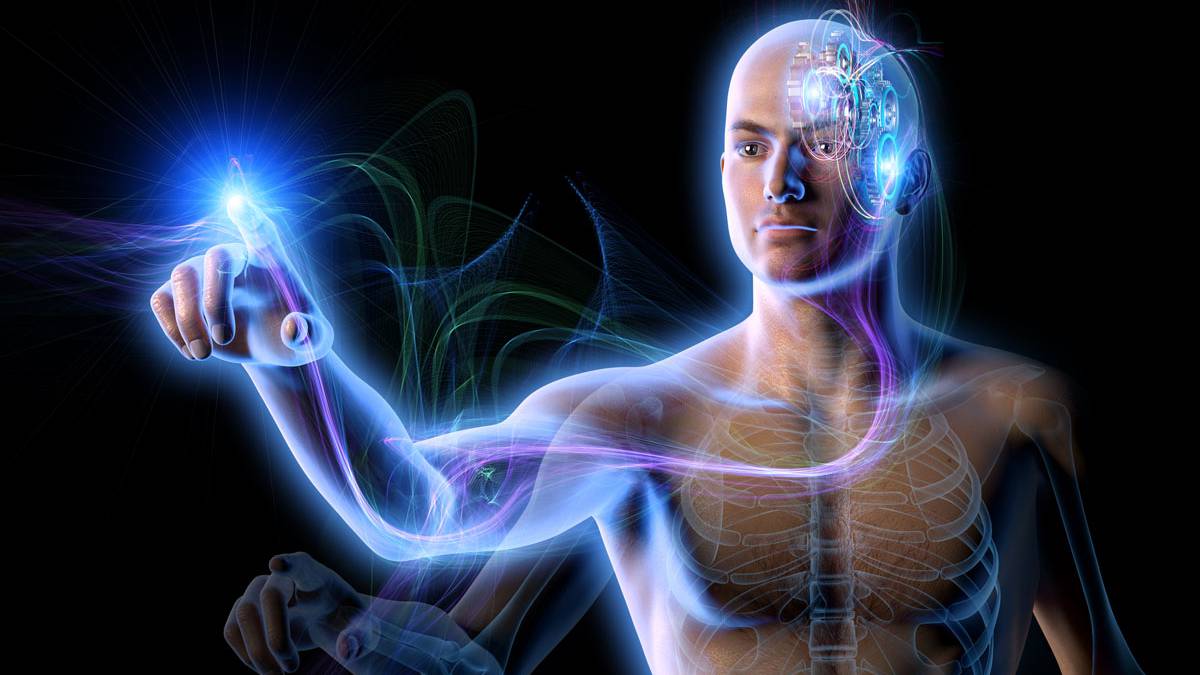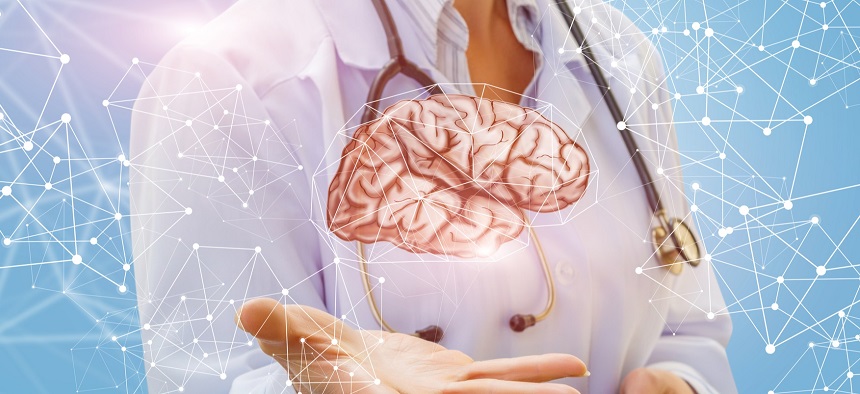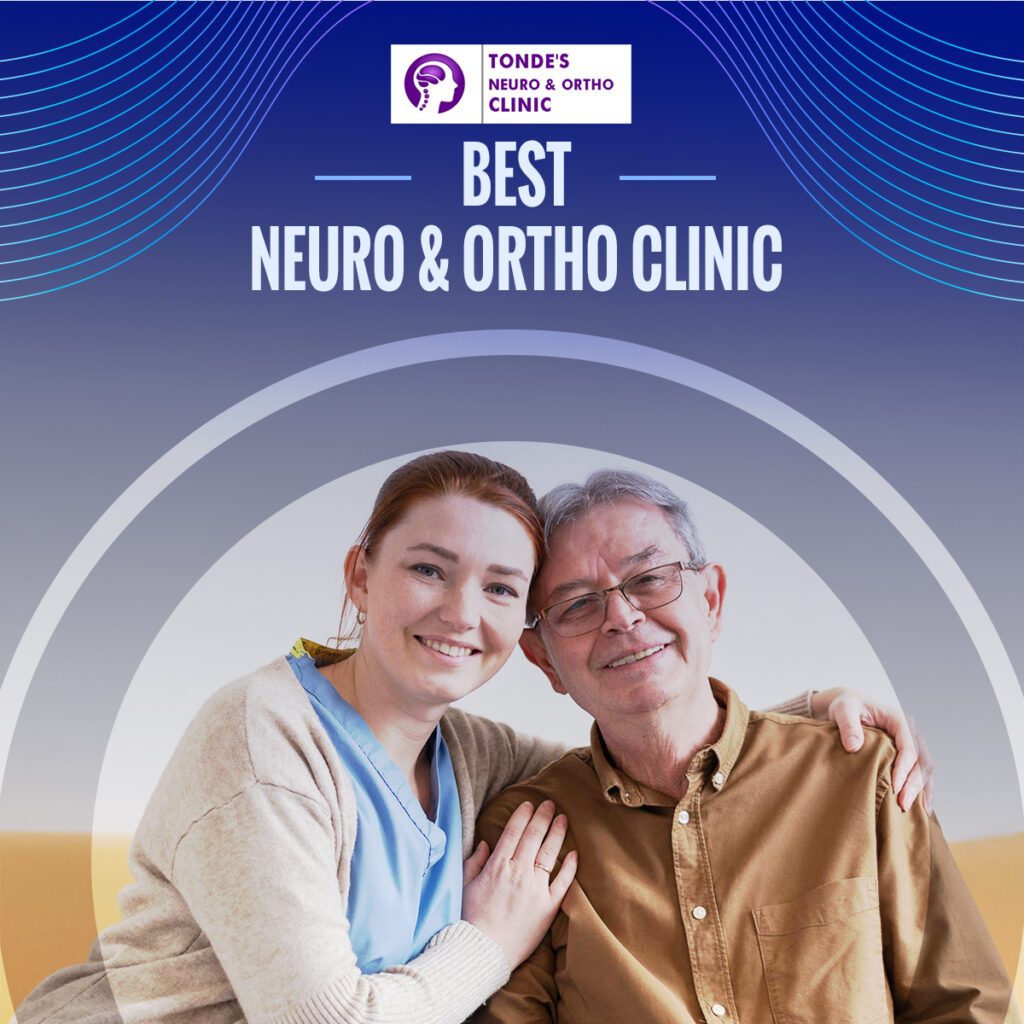Have Any Questions?
+91 77 9849 9977
Visit Us At
103, Shivom Regency, Baner Rd, Pune
+91 77 9849 9977
103, Shivom Regency, Baner Rd, Pune
Neuromuscular disorders is a general term that encompasses a large number of diseases with different presentations. The terms ‘muscle disease’, ‘myopathy’, ‘neuromuscular conditions’ and ‘neuromuscular disorders’ all describe a group of conditions which affect either the muscles, those in the arms and legs or heart and lungs, or the nerves which control the muscles.


There are many neuromuscular disorders, and treatment by an experienced multidisciplinary team, such as the one at Cedars-Sinai’s Neuromuscular Disorders Program, is vital.
These disorders result in muscle weakness and fatigue that progress over time. Some neuromuscular disorders have symptoms that begin in infancy, while others may appear in childhood or even adulthood. Symptoms will depend on the type of neuromuscular disorder and the areas of the body that are affected.
Some symptoms common to neuromuscular disorders include:
A physician will examine the patient and take a medical and family history. Checking a patient’s reflexes and muscle strength, as well as evaluating other symptoms, may lead a physician to order other diagnostic tests, including:
Currently there is no cure for neuromuscular disorders. Research is being done on genetic therapies and new medications in hopes of finding a cure.
Treating symptoms, delaying disease progression and enhancing quality of life for patients is accomplished with medications, physical therapy, occupational therapy and, when necessary, surgery

Mail Your Resume At : drpriyankaneuro13@gmail.com